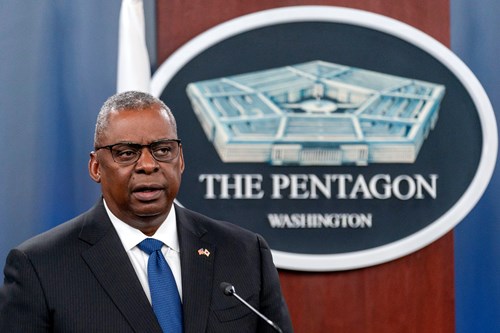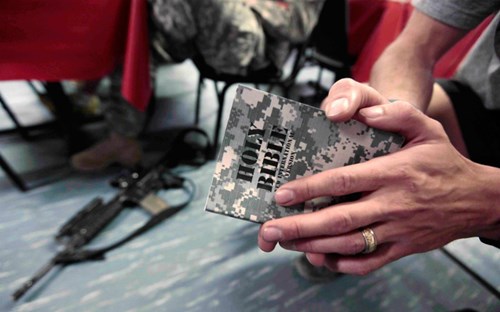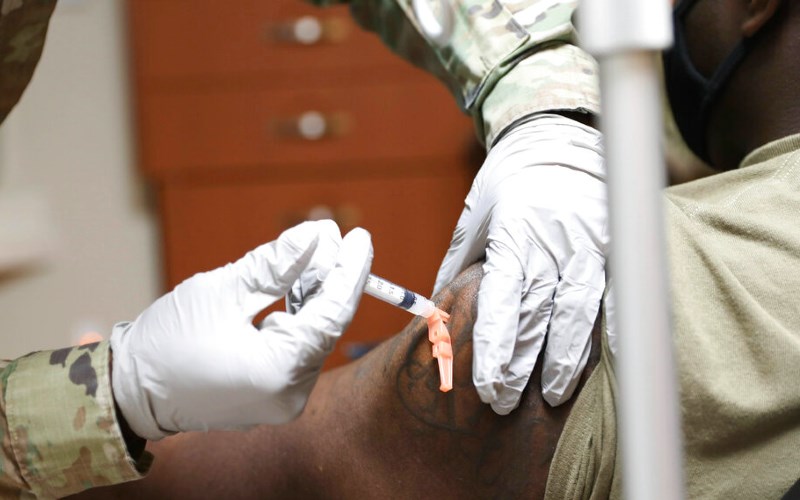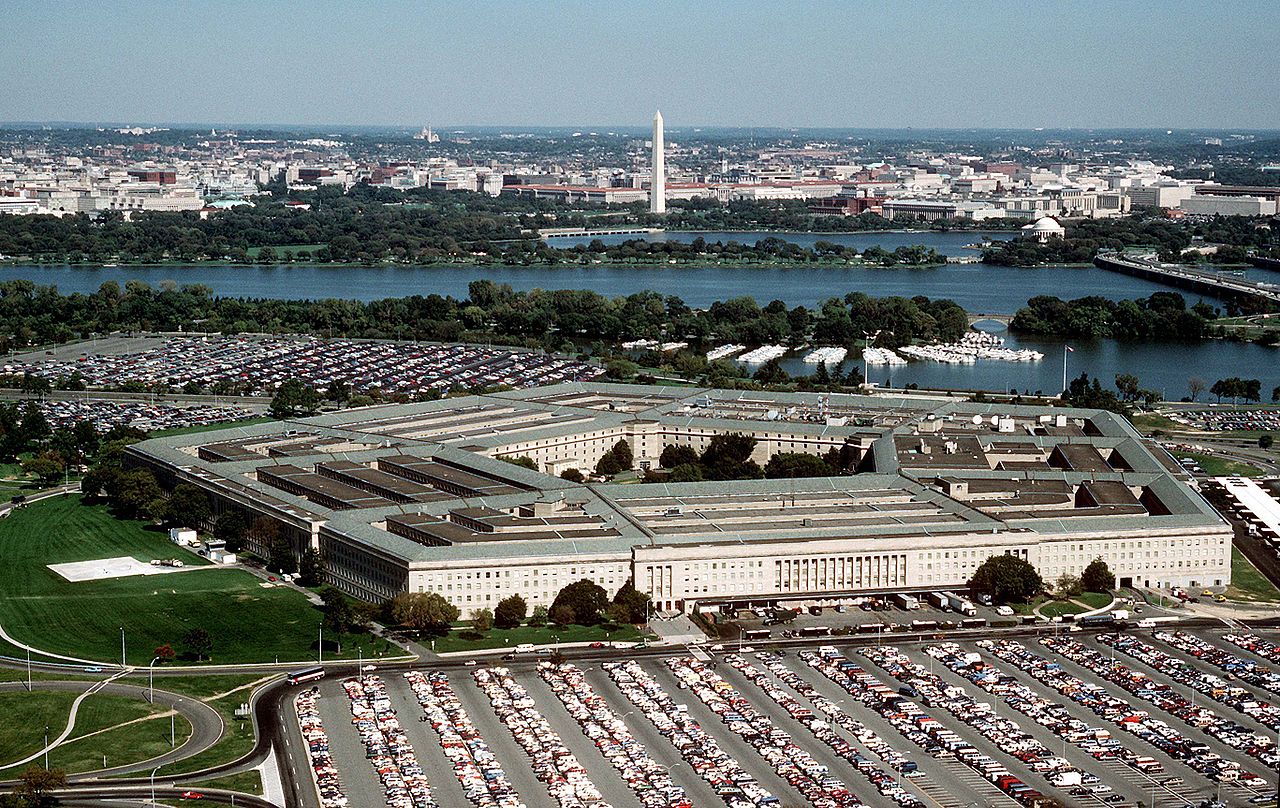On Friday, the U.S. Supreme Court will address the petition by 38 military chaplains to reinstate their case, Alvarado v. Austin, which alleges the chaplains are the victims of unfair retaliation by the Department of Defense for making religious exemption requests.
The Court will have the opportunity to stay, or pause, the policies that have continued to impact these chaplains’ careers.
American Family News spoke to Arthur A. Schulcz Sr., a retired Vietnam War veteran and lead attorney in Alvarado v. Austin. He explained that the Fourth Circuit’s dismissal relied on the Defense Secretary’s claims that careers had been restored, relief could not be provided by the court, and other legal issues had been resolved.
 In legal terms that is known as mootness, meaning a lawsuit has been revolved and there is no longer any dispute to resolve. The attorney says their case is not moot.
In legal terms that is known as mootness, meaning a lawsuit has been revolved and there is no longer any dispute to resolve. The attorney says their case is not moot.
“Careers have been destroyed," he says of military chaplains with poor performance reports and promotion failures on their records.
“All the Secretary’s assertions are clearly false," he told AFN, "and the Secretary can be ordered to fix the damages."
With blanket denials of religious accommodation requests to avoid the shot, Schulcz believes the Pentagon viewed the order as a "purge" of military personnel who obeyed their conscience and their faith. For example, many in uniform are pro-life and objected to the use of stem cell lines from aborted babies.
"The whole episode is an example of a government agency in rebellion to the rule of law and the Constitution," the military veteran warned, "to which its members swear allegiance.”
The issue before the Supreme Court is a jurisdictional question about mootness, Schulcz points out, but that legal question conceals a more important issue: religious liberty.
 To that end, he asks, “Who controls a chaplain’s conscience, the God of his faith or a government bureaucrat?”
To that end, he asks, “Who controls a chaplain’s conscience, the God of his faith or a government bureaucrat?”
According to Schulcz, the mandate evidenced a rejection of the Constitution and statutory protections for chaplains and all of the military as a whole, especially people of faith.
“The attempt to purge the military of people who follow their conscience should prompt the question: What is the compelling purpose for the purge?” he warned.
A military without a conscience, he added, is "nothing more than a blunt instrument of political will that will execute orders without question."
Schulcz then rattled off examples of an obedient military that executed the Jews during World War II and shot protesters in Tiananmen Square.
“The mandate sought to change the basic principles that America’s military swears allegiance to the Constitution, and is part of this administration’s history of anti-Christian prejudice,” Schulcz insisted. "The Supreme Court has the duty to protect us from such corruption.”







